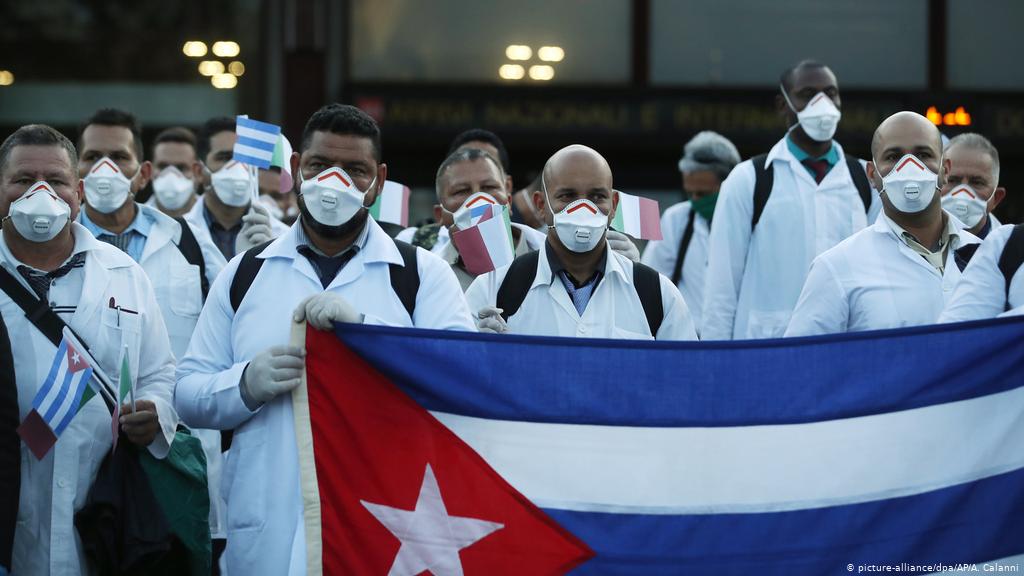HAVANA, (Reuters) – As Latin American nations test experimental coronavirus vaccines from across the globe and economic heavyweights such as Brazil and Mexico jockey for supply deals with major drugmakers, Communist-run Cuba already has two of its own vaccines in clinical trials.
Should its efforts succeed, the Caribbean island could become an important supplier to neighboring countries that might otherwise struggle to access vaccine supply as wealthy Western nations rush to secure doses, regional experts said.
“Cuba’s contribution with its vaccine could be very important for certain vulnerable groups in our region” such as the elderly, or remote indigenous communities, Jose Moya, the representative in Cuba for the Pan American Health Organization (PAHO), told Reuters.
If a Cuban vaccine proves safe and effective, it would become available for purchase in the region through PAHO, the Americas regional office of the World Health Organization (WHO), Moya said.
Cuba’s vaccine progress is being tracked by COVAX – a program co-led by the WHO and the Coalition for Epidemic Preparedness Innovation (CEPI) to ensure global distribution of vaccines – he said.
Cuba’s two vaccine candidates – known as Sovereign 1 and Sovereign 2 – are not among the nine COVAX has chosen for its portfolio to date, a CEPI spokesman said.
Vaccines are seen as crucial to ending a pandemic that has claimed more than 1.2 million lives and battered the world’s economy. There were 47 coronavirus vaccines in WHO-approved clinical trials as of Nov. 3, a handful in most advanced testing.
Cuba has long exported vaccines to the developing world, including shots against meningitis and hepatitis B, although data on recent sales is not public.
Late revolutionary leader Fidel Castro backed a home-grown biotech sector in the 1980s, partly so Cuba could become more self-sufficient in the face of a U.S. trade embargo. It has since become a major part of the economy.
Cuba’s vaccine program has drawn interest from ally Venezuela, whose president, Nicolas Maduro, said in August that the ALBA bloc of eight leftist Latin American and Caribbean countries backed it.
Other Latin American nations are prioritizing deals with major drugmakers and considering vaccines also in advanced testing from China and Russia.
Mexico’s foreign ministry told Reuters in August it planned to approach Cuba about its vaccine. As of last month, the ministry said those talks had not advanced.
The Addis Ababa-based Africa CDC said Cuba has a good scientific reputation and signaled potential interest once data on its vaccines become available.
Cuba will favour exports to countries with which it has existing healthcare agreements, after ensuring it has enough for its own needs, a health official told the journal MEDICC Review.
“We are making a big effort to be able to start vaccinating all the Cuban population in the first half of next year,” said Vicente Vérez, director of the Finlay Institute, Cuba’s foremost vaccine research center, during a visit by President Miguel Diaz-Canel last month.

